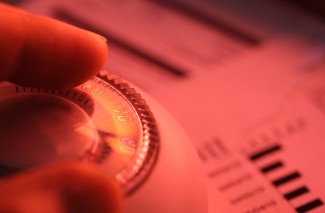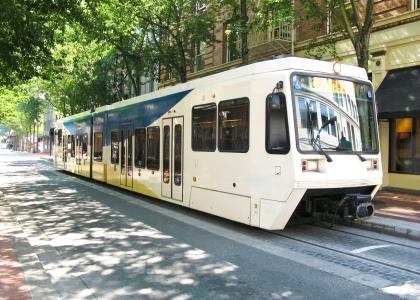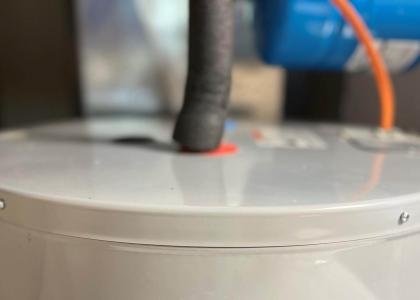Today, Commonwealth Edison, several smart thermostat manufacturers, and the Environmental Law and Policy Center announced a major new initiative with a target to install one million smart thermostats in the homes of Commonwealth Edison customers over five years. Commonwealth Edison (commonly called ComEd) serves northern Illinois, including the Chicago metropolitan area. To start, the new smart thermostats will include the Nest and ecobee3, but over time additional manufacturers will be added.
Smart thermostats learn or understand a household’s patterns and adjust heating and cooling according to when a home is occupied or is about to be occupied, reducing heating and cooling when nobody is home for significant periods of time. Smart thermostats can also be used to reduce energy use during periods of time when power is most in demand; many utilities, including ComEd, provide financial incentives for such power-use reductions.
Smart thermostats are one of 18 relatively new energy efficiency measures profiled in a recent ACEEE report entitled New Horizons for Energy Efficiency. In that report, ACEEE reviewed half a dozen recent studies on energy savings from smart thermostats, finding that such thermostats can reduce energy use for home heating and cooling by an average of about 8–15% (as further studies come out, we plan to revise this estimate). The study estimates that such thermostats can provide electricity savings for 2-3 cents per kWh saved, and that overall they can reduce total US electricity use across all sectors by about ½%.
As announced today, ComEd will be promoting smart thermostats through rebates (typically $100 per thermostat plus an additional $20 from gas utilities), trade-ally training, consumer marketing, and direct installation as part of an existing ComEd program. Three distribution channels will be used this year: retail sales (both in stores and on-line), with the purchaser installing the thermostat; (2) sale and installation by a network of heating and cooling contractors; and (3) sale and installation as part of an existing home energy assessment program. Based on initial results, program offerings will be refined in future years.
ComEd is not the only utility to embrace smart thermostats. For example, NV Energy, serving most of Nevada, offers a free smart thermostat, including installation, through its mPower Home Energy Management program. The program includes energy management software and an online portal where customers can set operating schedules and other parameters, and can see how they are doing. The program also includes a demand-reduction component for peak days where the utility employs a pre-cooling algorithm before peak events and then raises the temperature set-point for a short period during the event. Customers can override thermostat settings during these peak events but they have found that few customers do so. Reliant Energy (a competitive retail electricity provider serving customers throughout Texas) has been providing Nest thermostats to customers who sign on to their Learn and Conserve program, a program that includes a two-year contract with fixed rates. Reliant also offers two other programs to promote Nest thermostats: a $25 rebate for customers who purchase them, and a program that offers bill credits to customers who allow the thermostat to reduce energy use during peak hours. And Austin Energy, serving Austin, Texas and vicinity, offers an $85 rebate for Internet-connected thermostats (some of which are smart thermostats) through its Power Partner program.
In coming months we will profile developments for some of the other new measures profiled in our New Horizons for Energy Efficiency report.




